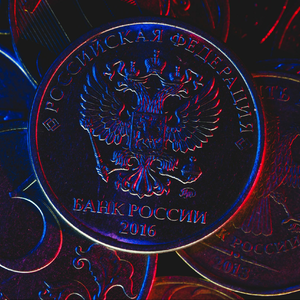
Windfall: How Russia managed oil and gas income after invading Ukraine, and how it will have to make do with less
- Article
- Nov 30, 2022
- #Russia #Politics #Energy #PoliticalEconomy
Russia’s economy has demonstrated impressive resilience in the face of Western sanctions, so far. Forecasts of gross domestic product (GDP) downturn have been consistently revised o...
Show More
Mentions
See All
Martin Sandbu @MESandbu
·
Mar 19, 2023
I should have linked to this very good piece. On the how much CBR has in CH - good question. It reported only negligible amounts in CHF. So if it held much with Credit Suisse, then largely in other major currencies - so most likely in CS subsidiaries in other countries than CH?